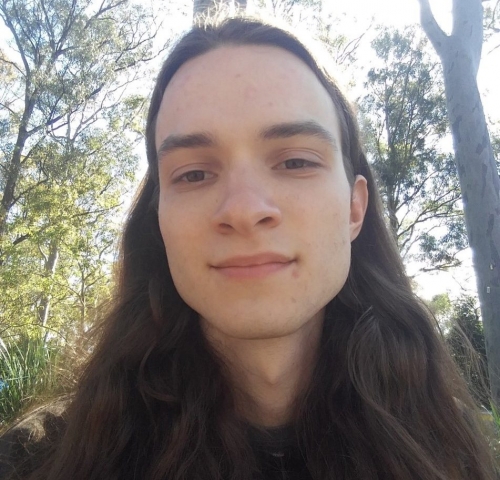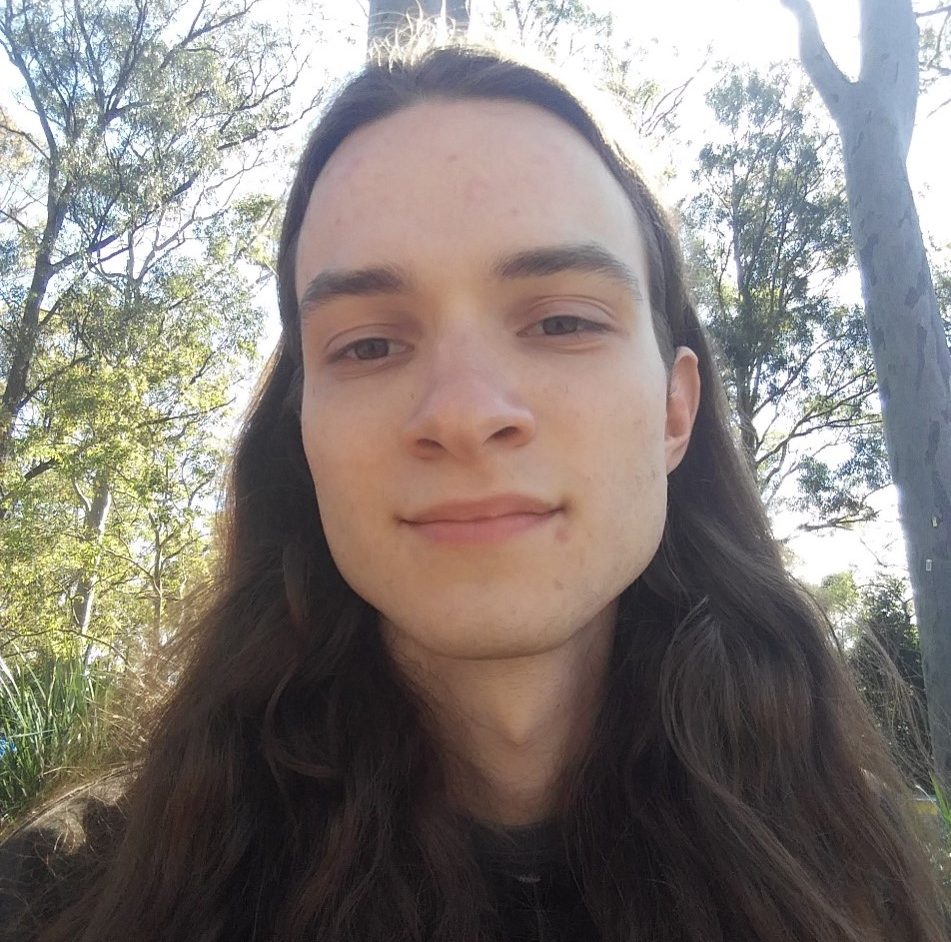
Roman Gorazd
University of Newcastle
I am currently a second-year Ph.D. student in mathematics at the University of Newcastle. Before pursuing my doctorate, I earned both my bachelor’s and Master of Science degrees from ETH Zürich, where I built a strong foundation in mathematics. During my bachelor’s program, my focus was set theory, and I wrote my dissertation on Surreal Numbers. For my master’s degree, I shifted my focus to number theory and wrote my dissertation on Additive Systems.
Now, my research centres on topological group theory, with a particular interest in totally disconnected locally compact groups. I aim to expand my knowledge of group theory during my Ph.D. studies and contribute to developing new theories and techniques in the field. In addition to my academic pursuits, I attend conferences and seminars and participate actively in the mathematics community.
Can you give me a quick rundown about the type of mathematics you are studying and its potential impacts for the broader community?
I am mostly focusing on topological groups. In layman’s terms, I am looking at the symmetries of certain objects together with a notion when two symmetries are close to each other. Most of the objects that I am looking at are infinite, but their finite approximations are often used in computer science including neural networks.
How did you get into mathematics? Was there someone or something that inspired you into this field?
I have been passionate about mathematics since a young age. Many of my teachers have inspired me to pursue mathematics. In the last years of high school, I attended a summer school for high school students (Deutsche SchülerAkademie) which inspired me to pursue a university degree in Mathematics.
You received a Travel Grant to attend AMSI Summer School 2023. How important was this in terms of your ability to attend, fully participate in the program and meet others studying in similar fields?
Despite having to isolate for a big part of the in-person part of the summer school due to being covid positive, I think in-person teaching is very important to get the most out of a course. This allows more student interaction and more engaging lectures. I find that workshops are much more productive and more engaging in person than online.
The grant has allowed me to attend the summer school in person and thus engaged much more fully in the summer school.
What was the most valuable part of the program for you?
I’ve benefited a lot from the course content as it gave me a new perspective on the subject of my Ph.D. and introduced me to new problems that I would like to explore. Due to being isolated for a big part of the summer school, I could not meet a lot of people.
In the long-term, what do you think are the benefits of having attended Summer School?
I think the summer school gave me a broader overview of group theory and more ways of describing groups, this will be very valuable in my degree and beyond. There have been a lot of subjects that have been only touched upon during the course, so I am keen to explore them further in the future.
Summer School included a special Careers Day program which aims to help give students an idea of the kinds of career paths available to maths graduates in industry and private sector research areas. Were you previously aware of the types of industry opportunities available to mathematical science graduates?
I am not very well informed about the possible industry applications of mathematics, so the Careers Day helped. I do not wish to work in industry long term, but I have been interested in gaining some industry experience. Thanks to the summer school I have more of an overview of what kind of opportunities are out there.
What advice would you give to someone who is considering applying for Summer School in 2024? Should they apply and why?
I would definitely recommend someone who wants to quickly get a good overview of a subject, as long as they meet the required prerequisites. I would advise them to also take advantage of the social opportunities that it opens.
Where do you want the mathematical sciences to take you? Where do you see yourself in five, ten years time?
I would like to stay in academia and continue exploring topological group theory. I see myself having a permanent position at a reputable university.

